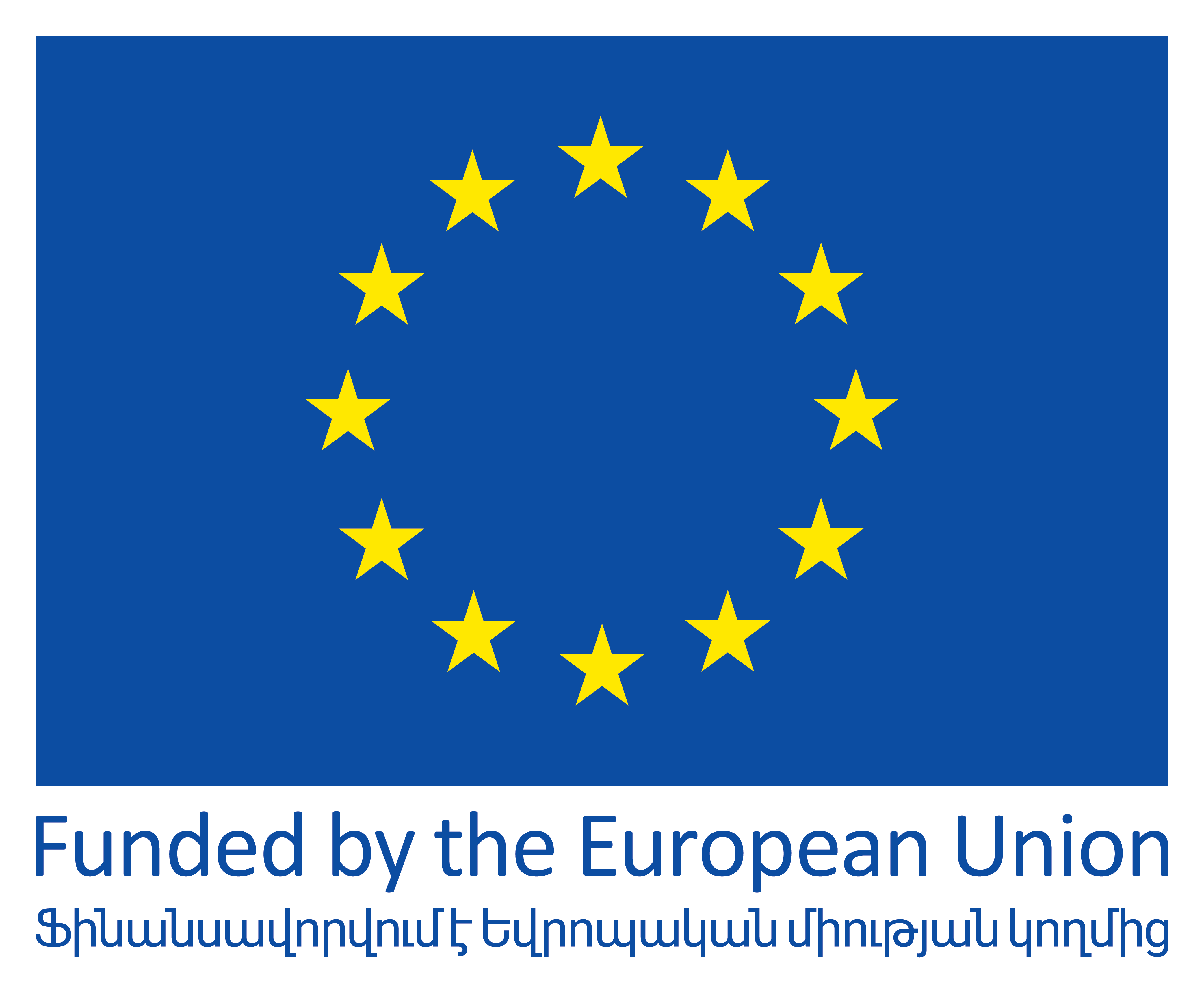Evidence-based budget advocacy is a combination of budget analysis and advocacy strategy. It requires thorough study of public budgets to identify areas of advocacy where public funds can be allocated or reallocated, followed by strategic advocacy to effect change. It requires thorough study of public budgets to identify areas of advocacy where public funds can be allocated or reallocated, followed by strategic advocacy to effect change (it should be noted that budget advocacy also includes a review of the state budget to determine whether the performance of the state budget corresponds to the advocacy efforts).
The ultimate goal of budget advocacy is to provide sustainable and efficient domestic financing in targeted sectors that is tailored to the needs of the people in the country.
| Evidence-based budget advocacy can serve the following objectives: |
| make changes and additions to sectoral policies and budgets at the national and local levels, |
| promote and improve transparency and accountability of budget processes at the national and local levels; |
| support more efficient use of state funds by monitoring budget performance, |
| reduce cost inefficiencies by identifying leakages and obstacles, |
| empower and develop the civil society and communities by participating in the budget process and influencing decision-making processes, |
| inform public debate by providing objective analysis of budget and policy proposals relevant to specific sectors. |
Ensuring access to information on budget revenues (e.g. how much money was received), and costs (how much money was spent), potential savings and inefficiencies, as well as choosing the most effective tools to address the advocacy problem are important components of effective advocacy. Budget advocacy means conducting informed and evidence-based research and analysis that will provide evidence to advocate for desired changes in allocation of the state budget.
The International Budget Partnership (IBP) defines budget advocacy as a strategic approach to influencing governments’ budget choices to achieve clear and specific results. For example, reducing poverty, improving governance, etc.
It should be noted that budget analysis and budget advocacy can become new areas of CSO activity and therefore require certain capacity building. This area also involves ongoing analysis of budget information to assess any changes resulting from advocacy efforts.
WHAT TO DO? CSOs can establish ties with budget organizations in their country, learn from their experiences and form strategic partnerships.
When carrying out budgetary advocacy work, it is important to take into account the following fundamental principles of public finance management and public economics:
- Government budgets are limited like any other resource in the world. This means that no matter how much effort we put in, nevertheless there are certain limits within which advocacy must be carried out.
- State agencies and local governments have a number of competing needs and priorities, each requiring resources. Consequently, when funding is allocated to one activity or sector, it reduces the resources available for another activity or sector.
- No Public finances exist. Any funds in the state budget have been collected from the society or the community through various revenue collection tools (for example, taxes, state duties, other mandatory fees, etc.).
The information is from the “Research of International and Armenian Experience on Advocacy and CSO Related Skills in the Budget Process” conducted by the Armenian Lawyers’ Association.






